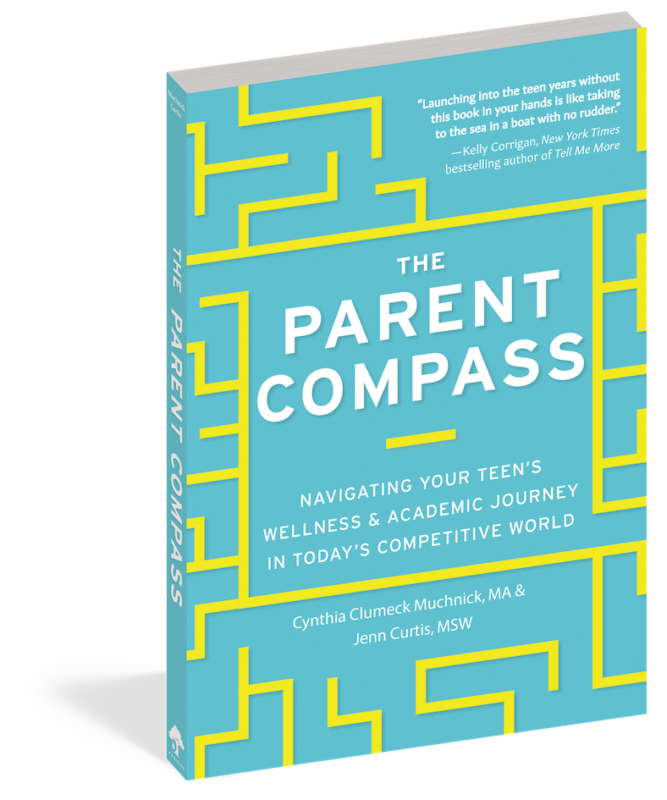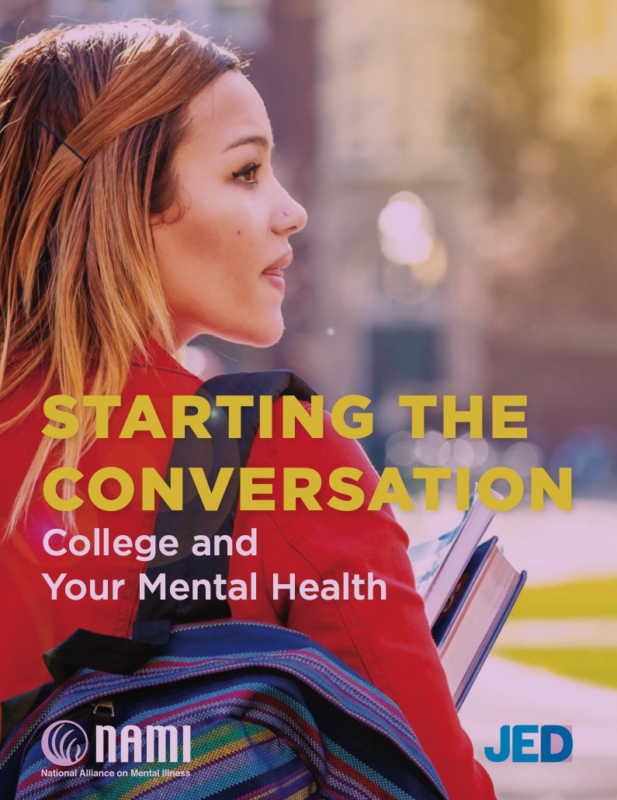
Hurtful Emotions: Understanding Self-Harm
People deal with difficult feelings in all sorts of ways. They may talk with friends, go work out, or listen to music. But some people may feel an urge to hurt themselves when distressed. Read more >>
Request an Appointment
English: 650.688.3625
Medi-Cal: 650.688.3650

Hurtful Emotions: Understanding Self-Harm
People deal with difficult feelings in all sorts of ways. They may talk with friends, go work out, or listen to music. But some people may feel an urge to hurt themselves when distressed. Read more >>

How Latinos Are Bonding Over First-Generation Trauma
Leslie Gonzalez’s path to becoming a doctor was filled with overwhelming pressure, stress and anxiety. Classroom struggles, the challenge of juggling a part-time job and schoolwork — Gonzalez labeled herself a failure. And on top of that, she felt the Read more >>

Many parents don’t know how best to support their teens, especially when everyone around them seems to be frantically tutoring, managing, and helicoptering. The Parent Compass provides guidance on what parents’ roles should be in supporting their teens’ mental health Read more >>

Going to College With a Mental Health Disorder [web resource]
In many ways, college offers a “blank slate” and is the perfect time and place to reinvent yourself. Between the independent living, opportunities to pursue your own interests, new people to meet, and different social scenes to become a part Read more >>

Starting the Conversation: College and Your Mental Health [downloadable]
To help put a thoughtful plan into place should a mental health condition arise, the National Alliance on Mental Illness (NAMI) and The Jed Foundation have created a guide to help start the conversation. It offers both parents and students Read more >>

A Parent’s Guide to Mental Health for College Students
While the college years have always been a time when mental health problems can emerge, the problems have escalated according to data from the American College Health Association (ACHA) survey. What actions can parents take in the face of rising Read more >>

Managing a Mental Health Condition in College
College means new freedoms and new opportunities. Making the transition to college isn’t easy for anyone. Classes will be more difficult than high school and you have to plan ahead and motivate yourself to study. Plus you may have the Read more >>

How To Do Well (And Be Happy!) In College
You’ve signed up for classes, you’ve learned your way around campus — and now, you’ve got to make sure you survive all the way to graduation. Read more >>

College life requires young adults to have advanced self-awareness, self-regulation, and problem solving skills to handle the multitude of demands and tasks in their new setting. Presenter Jared Leaderman, PhD, introduces research-based approaches to build and solidify the skills that Read more >>

Students transitioning from high school to post secondary education often struggle to disclose they have an LD and make use of college support services, resulting in educational derailment. Adam Lalor, PhD , and Tabitha Mancini, Director of Customer Relations and Read more >>
English: 650.326.5530 | Español: 650.688.3650 | Fax: 650.688.3669
English: 650.326.5530
Español: 650.688.3650
Fax: 650.688.3669
English: 650.668.3625 | Español: 650.688.3650 | careteam@testing.chconline.org
English: 650.668.3625
Español: 650.688.3650
careteam@testing.chconline.org
© 2024 Children’s Health Council. All rights reserved.
CHC Palo Alto: 650 Clark Way, Palo Alto, CA 94304 | 650.326.5530
CHC South Bay: 2280 Kenwood Avenue, San Jose, CA 95128 | 408.831.7512
CHC Ravenswood: 1765 E Bayshore Rd, East Palo Alto, CA 94303 | 650.702.2487
CHC Palo Alto:
650 Clark Way, Palo Alto, CA 94304
650.326.5530
CHC South Bay:
2280 Kenwood Avenue, San Jose, CA 95128
408.831.7512
CHC Ravenswood:
1765 E Bayshore Rd, East Palo Alto, CA 94303
650.702.2487